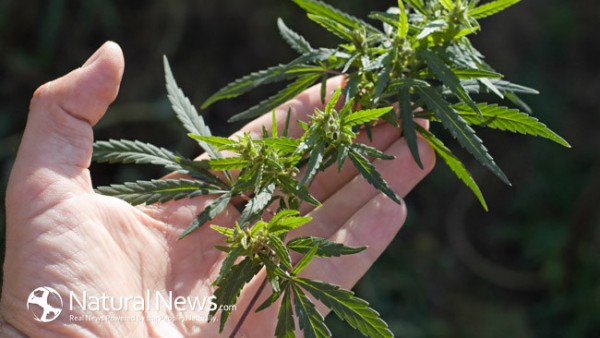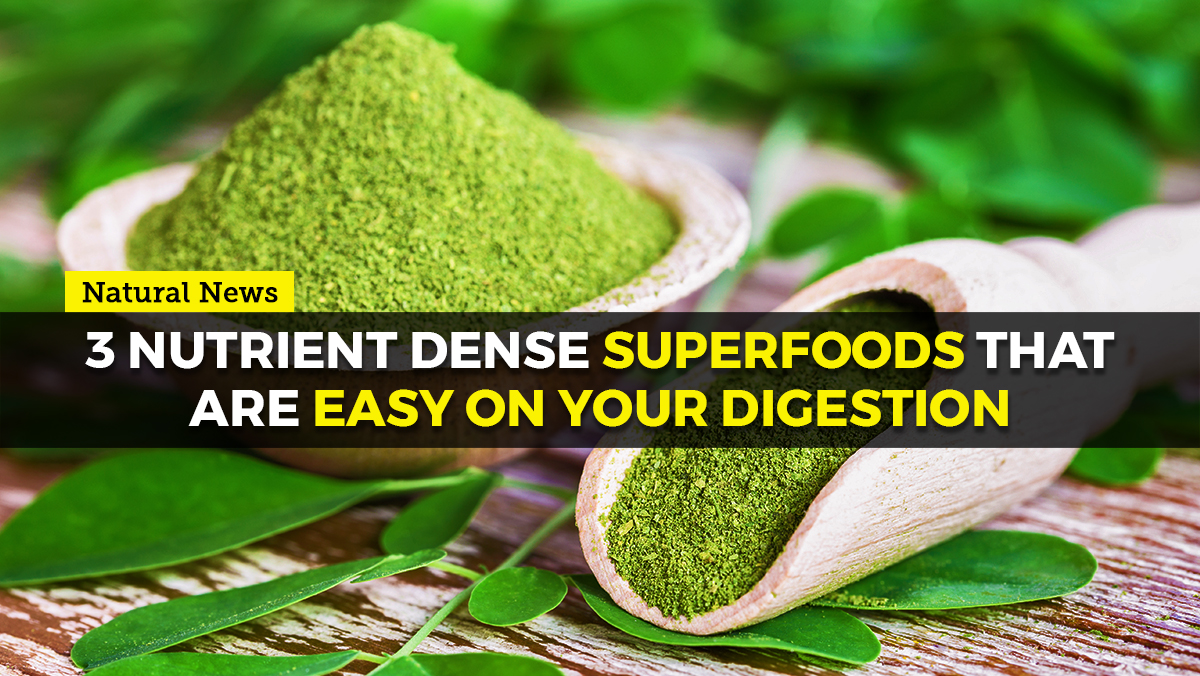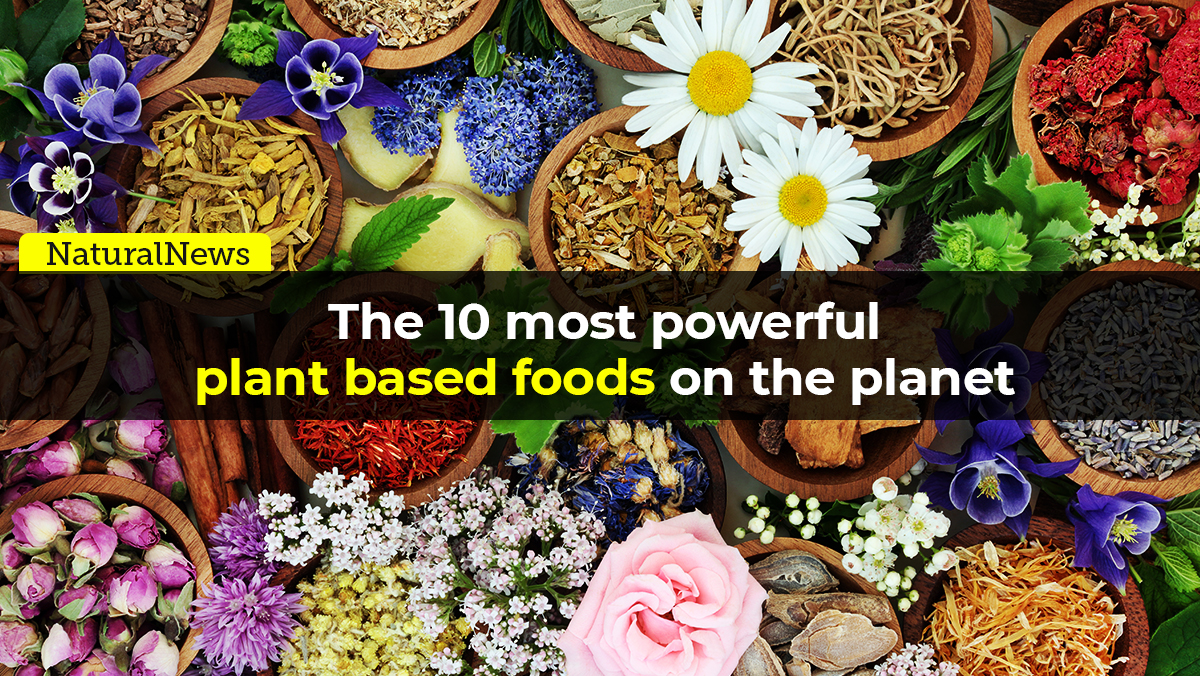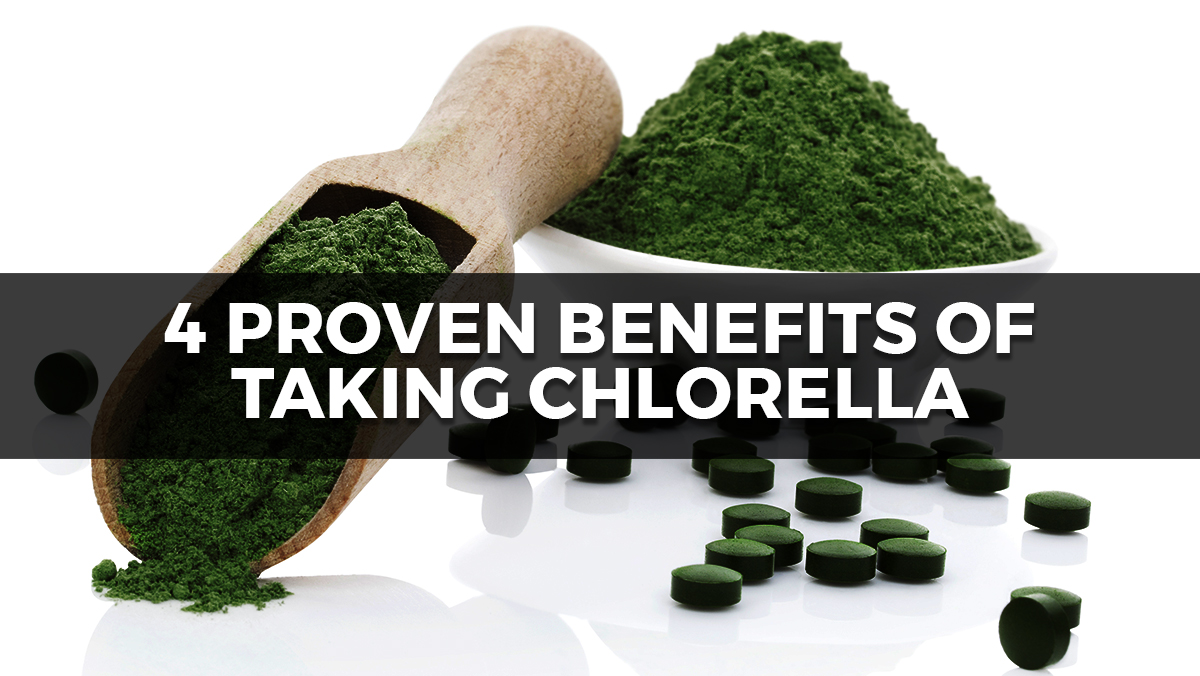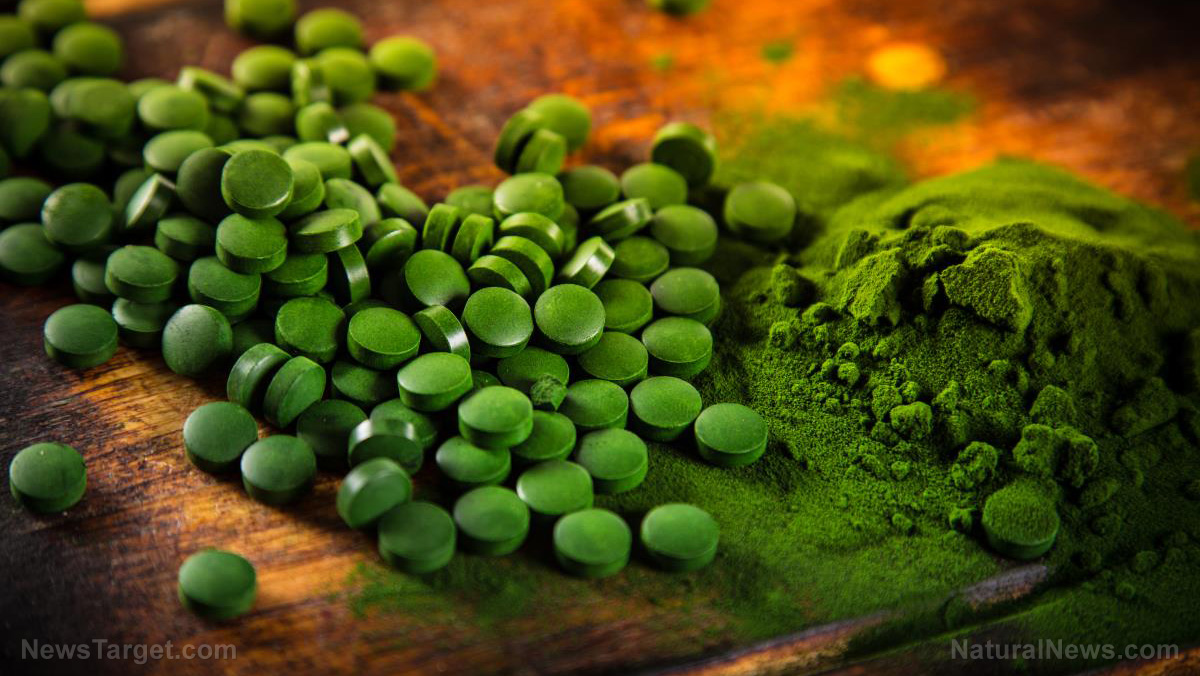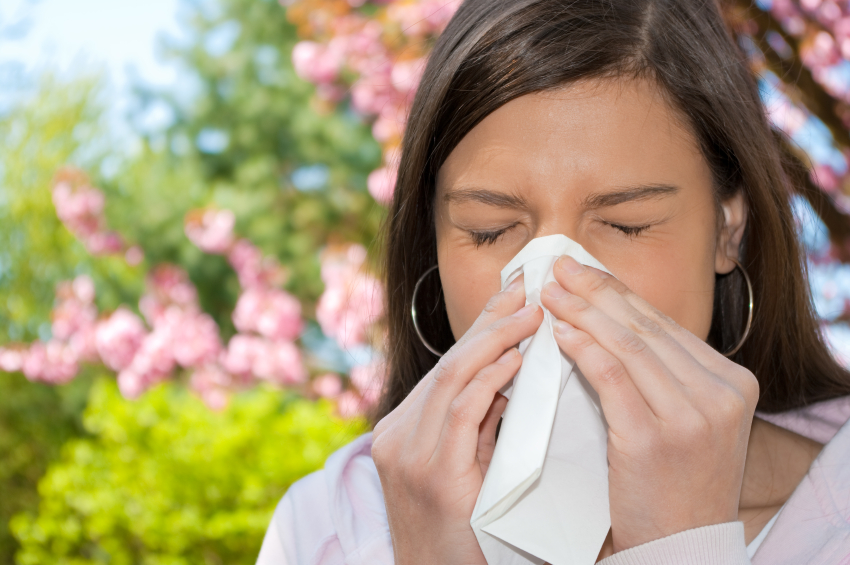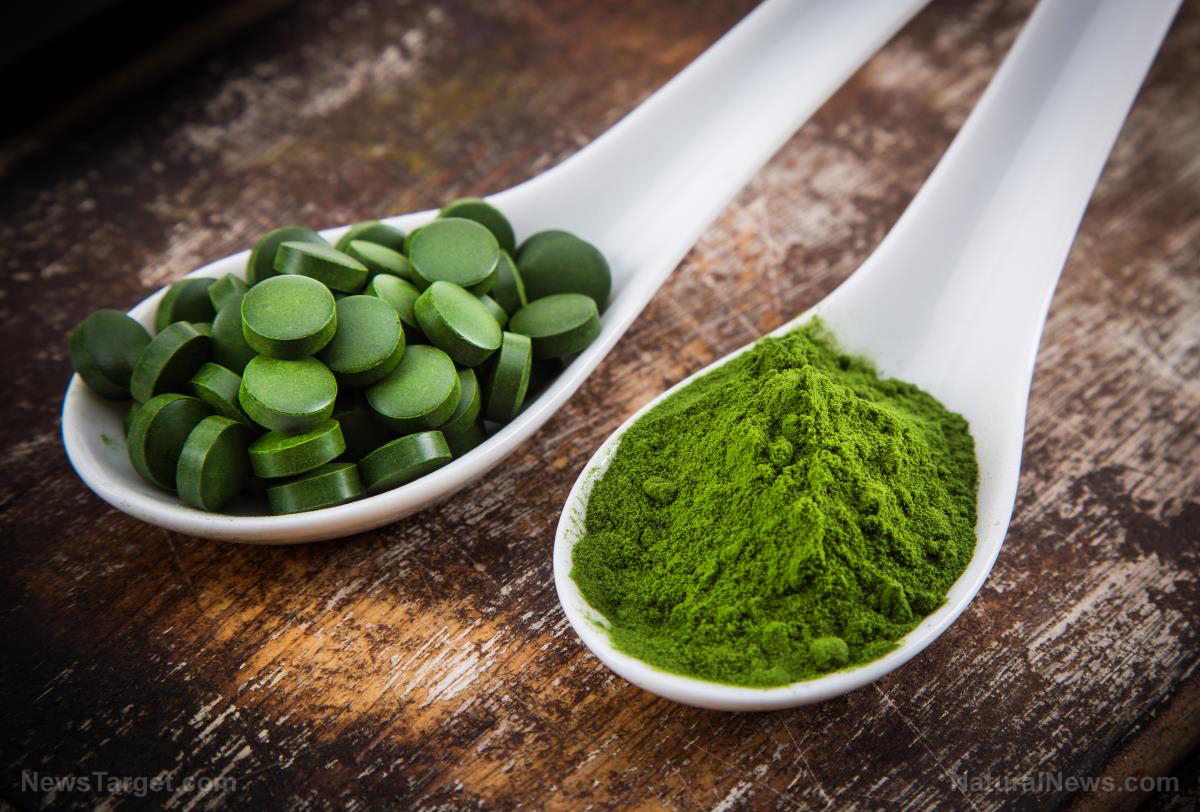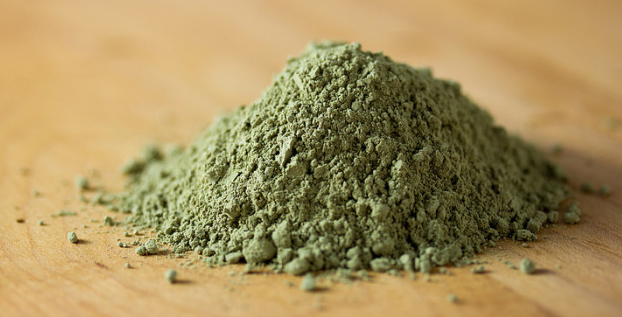Hemp, Cannabis sativa, has been praised as the world’s most resourceful plant. During the Middle Ages, for instance, hemp was used to treat various illnesses, from insomnia to malaria. And during colonial times, the fibers found in hemp were used to make the finest ropes, sails, cloth and paper. In fact, the Declaration of Independence and the Constitution were written on hemp paper! (1)
Unfortunately, in recent years, hemp –and more specifically, marijuana – has been stigmatized as the drug that makes you dumb. In actuality, marijuana is a herb with its own medicinal benefits. Rowan Robinson sets the record straight in his book, The Great Book of Hemp: The Complete Guide to the Environmental, Commercial and Medicinal Uses of the World’s Most Extraordinary Plant. In it, he documents the development of herbal medicine and its application to a wide-range of diseases. The following is a snippet from the book:
Herbalism & Holism
The “germ theory of disease,” which holds that illness springs from contact with an infectious organism, is still widely held in conventional medicine. Medical herbalists, however, believe that this is only part of the picture. While illnesses such as cholera and typhoid are highly infectious and are indeed likely to be caught by almost anyone, many infectious diseases are not transmitted automatically from one person to another. The question arises, therefore, what weakness in the patient has allowed the “seed” of infection to find fertile ground? Unlike much conventional medical practice, which focuses on eradicating the “bug” or abnormal condition, herbal medicine seeks to treat the weakness that gave rise to ill health, and sets this in the context of the patient’s life as a whole. Herbalists identify a variety of factors behind the onset of illness. While bodily signs and symptoms are the most important indicators (and sometimes the only significant ones), dietary, emotional, and even spiritual factors are also taken into account.
Our bodies contain over one hundred trillion cells, which collectively must function in harmony if good health is to be maintained. Used wisely, herbs work in tune with our bodies, stimulating, supporting, or restraining different sets of cells in their allotted tasks within the body, and encouraging a return to normal balanced function. Remedies aim to strengthen the patient’s own resistance, improve the vitality of weakened tissue, and encourage the body’s innate ability to return to good health.
Of course, in severe acute illness, it may be too late to use [a] herbal approach to treatment. In these circumstances, strong-acting medicines such as heart drugs, antibiotics, painkillers, and even surgery can be lifesavers. However, a health-care system attuned to the needs of the patient might well provide herbal remedies as a first line of treatment, with conventional medicines held in reserve to be used only when necessary.
Thanks to increased research into the composition and properties of plant medicines, herbalists are able to prescribe herbs, formulations, and dosages in a precise, effective manner.
Evidence in Support of Herbal Cures
Many medical scientists still find it hard to accept that natural medicines, with their complex chemical make-up and variable constituents, can be as good as chemical cures in treating illness. However, as more and more research reveals that herbal medicines can be as effective as conventional medicines – and are far safer – this thinking is beginning to change.
This is well illustrated by the change in attitude towards St John’s wort (Hypericum perforatum, p. 108) — a European plant commonly taken as an antidepressant. Extracts of the herb are now scientifically recognized as having value in mild to moderate depression. Since 1979, over 20 clinical trials have found extracts of St John’s wort to be as effective as conventional antidepressants and to have far fewer side effects. In 15 of these trials, the herbal extract produced fewer side effects than the placebo (or inert “medicine”) used as a comparison. Other investigations suggest that St John’s wort may have a role in countering viral infections, promoting wound healing and helping withdrawal from addiction, especially from alcohol.
As is so often the case, research has confirmed traditional views. In the 16th century, Paracelsus (see p. 23), had this to say about the herb: “Nothing chases away disease like strength. Therefore, we should seek medicines with power and strength to overcome whatever illnesses they are used against. From this it follows that God has given to Perforatum [St John’s wort] the strength to chase [away] the ghosts of nature.. .and all downheartedness.”
As a result of scientific research today’s practitioners have an important advantage – how the plant works in the body is now better understood, so that it is possible to be precise about dosages, aware of side effects, and confident in what form the herb should be taken as a medicine.
All over the world research is now being directed into plants with a traditional use as medicines, in the hope of finding new treatments for all manner of health problems. To give but two examples: the Indian gooseberry (.Emblica officinalis, p. 204) appears to protect the [fiber] against cancer, lowers cholesterol levels, and may prove valuable for acute pancreatitis; while thyme (Thymus vulgaris, p. 143), better known as a culinary herb, is a potent antioxidant that may prevent the breakdown of essential fatty acids in the brain and slow the aging process.
A copy of The Complete Guide to the Environmental, Commercial and Medicinal Uses of the World’s Most Extraordinary Plant, can be obtained by clicking on this link.
Sources include:
(1) Amazon.com
(2) Robinson, Rowan. The Great Book of Hemp: The Complete Guide to the Environmental, Commercial and Medicinal Uses of the World’s Most Extraordinary Plant. Park Street Press: Rochester, Vermont. 1996.

